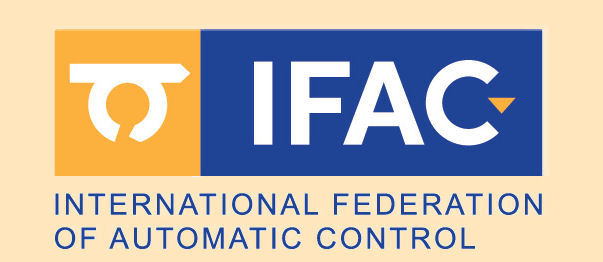| Paper MoAT3.4
Norouzi, Armin (University of Alberta), Shahpouri, Saeid (University of Alberta), Gordon, David (Univ. of Alberta), Winkler, Alexander (RWTH Aachen University), Nuss, Eugen (RWTH Aachen University), Abel, Dirk (RWTH-Aachen University), Andert, Jakob (RWTH Aachen University), Shahbakhti, Mahdi (University of Alberta), Koch, Charles Robert (University of Alberta)
Machine Learning Integrated with Model Predictive Control for Imitative Optimal Control of Compression Ignition Engines
Scheduled for presentation during the Regular Session "Modeling, Estimation, and Control of Internal Combustion Engine - I" (MoAT3), Monday, August 29, 2022,
12:00−12:20, Pfahl Hall 140
10th IFAC International Symposium on Advances in Automotive Control, August 28-31, 2022, Columbus, Ohio, USA
This information is tentative and subject to change. Compiled on April 26, 2024
|


 This site is protected by copyright and trademark laws under US and International law.
This site is protected by copyright and trademark laws under US and International law.